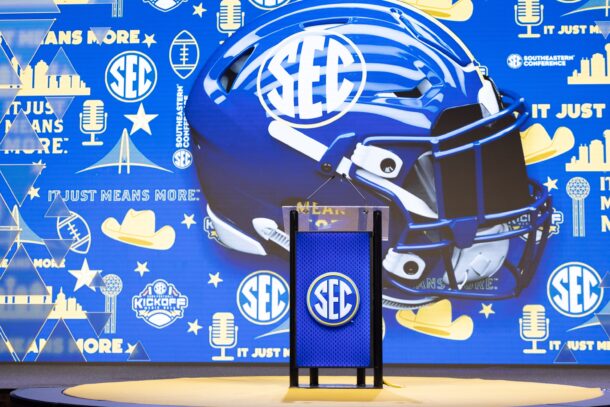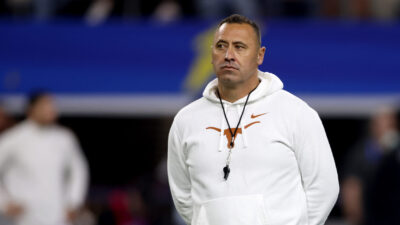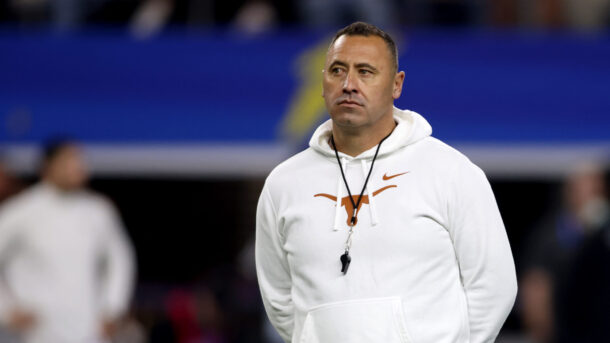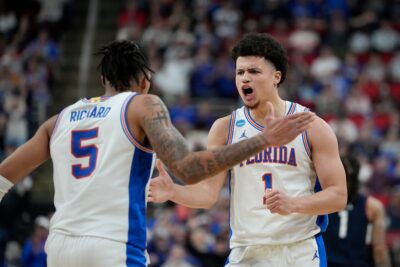Ad Disclosure
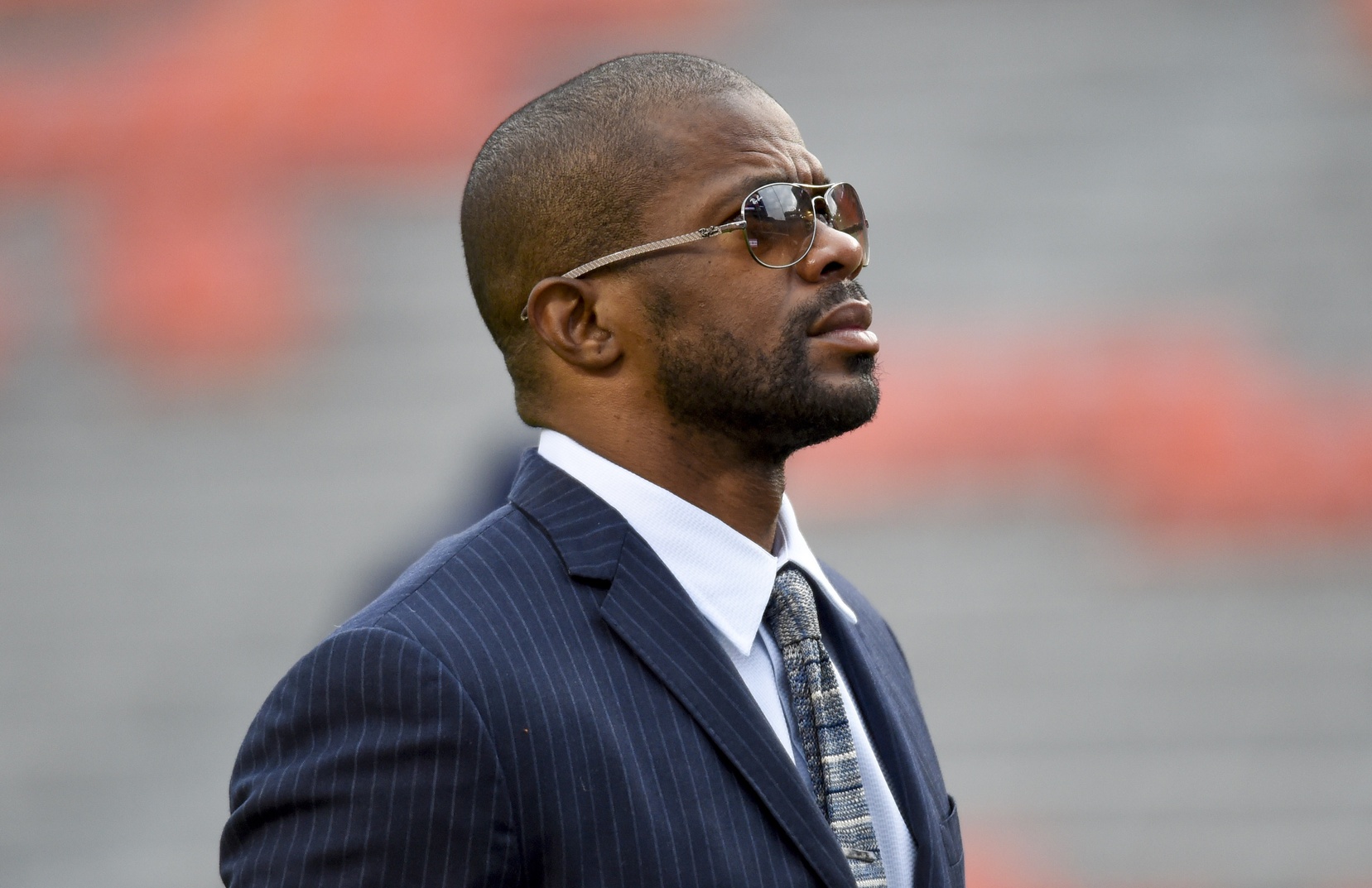
Les Miles, the coach who many LSU fans wanted out in November, all of a sudden could do no wrong in the offseason.
Faced with the possibility of losing his job, Miles won over public support, won the last game of the season against Texas A&M, won his job back, won the Texas Bowl against Texas Tech, then won signing day, landing the nation’s No. 3 class.
The good feelings continued as he faced offseason coaching staff attrition. Looking to replace his defensive coordinator, recruiting coordinator and wide receivers coach, Miles has appeared to knock all three hirings out of the park, at least in terms of making a national/local splash.
But do the hirings of Dave Aranda as defensive coordinator, Jabbar Juluke as running backs coach, Dameyune Craig as wide receivers coach and the promotion of defensive line coach Ed Orgeron to recruiting coordinator add up to making this a better staff than what LSU had last year?
Let’s take a look.
What will be new?
Aranda replaced Kevin Steele, who left the Tigers for the same position at Auburn after one so-so season.
LSU was actually horrid in pass defense, usually a strength in the program, finishing 12th in the league (224.3). The Tigers need to be more solid, and the hiring of Aranda seems to directly address that. At Wisconsin, he led a unit that was among the nation’s best for four straight years under his tutelage. In the last three years combined, no defense other than Louisville had been better than the Badgers when it came to total yards allowed.
The tough part for Aranda will be turning what has long been a 4-3 defense — meaning it’s been recruiting personnel suited to that scheme — into a 3-4 base unit.
The toughest coach for LSU to replace was running backs coach/recruiting coordinator Frank Wilson, now the head coach at Texas-San Antonio. All Wilson did was establish himself as one of the nation’s top recruiters, all while coaching a position that has consistently produced elite talent and results (like Jeremy Hill and current star Leonard Fournette among others).
Miles did about as well as anybody could do in replacing Wilson. He was fortunate to already have on staff Orgeron, who has long been considered an elite recruiter going back to his days at USC and as head coach at Ole Miss.
The one thing Orgeron doesn’t bring to the table that Wilson had was deep roots in talent-rich New Orleans. That’s where the hiring of Juluke will come into play. A long-time head coach at New Orleans prep power Edna Karr High School, Juluke has a background similar to Wilson, who was also a New Orleans native and ex-New Orleans high school coach.
As far as chops at coaching running backs, Juluke coached college football’s all-time touchdowns leader, Kenneth Dixon, at Louisiana Tech. He was hired away from the Bulldogs by Texas Tech in January before LSU snatched him away a couple weeks later.
At wide receiver, Tony Ball left after one season and LSU replaced him by hiring Craig away from Auburn, where he was wide receivers coach/co-offensive coordinator.
The former Auburn quarterback could be a help getting the receivers in sync with quarterback Brandon Harris.
Better/Worse in 2016?
It’s tough to say “better” when LSU is trying to replace a coach as accomplished at his role as Wilson was in recruiting and coaching running backs.
But LSU could not have done any better at replacing Wilson than it did with the combination of Orgeron — perhaps the only coach in the country as accomplished at recruiting Louisiana as Wilson — and Juluke.
Both Ball and Steele were one-year coaches, so they left little in terms of legacy. Given that Aranda and Craig represent an upgrade, at least in terms of the résumés they bring to the table, one would have to say LSU is doing better with the new hires.
Add it all together and, despite the loss of Wilson, it appears that Miles actually managed to improve the Tigers’ staff.
That’s a remarkable feat, given that he barely held on to his job just a few months ago.
